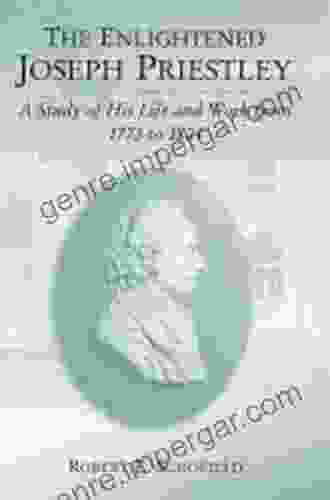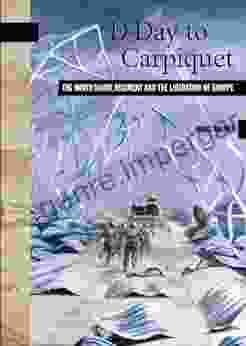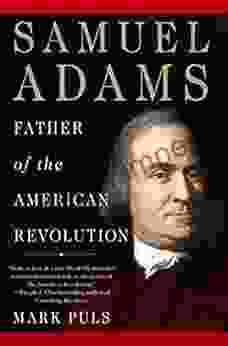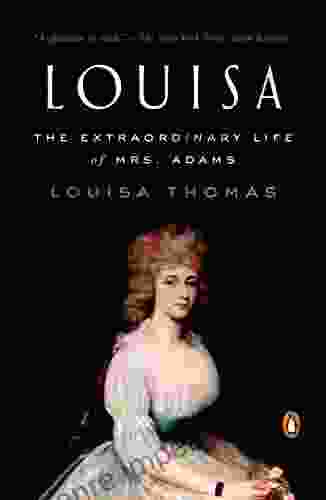The Enlightened Joseph Priestley: A Scientific Pioneer and Unitarian Theologian

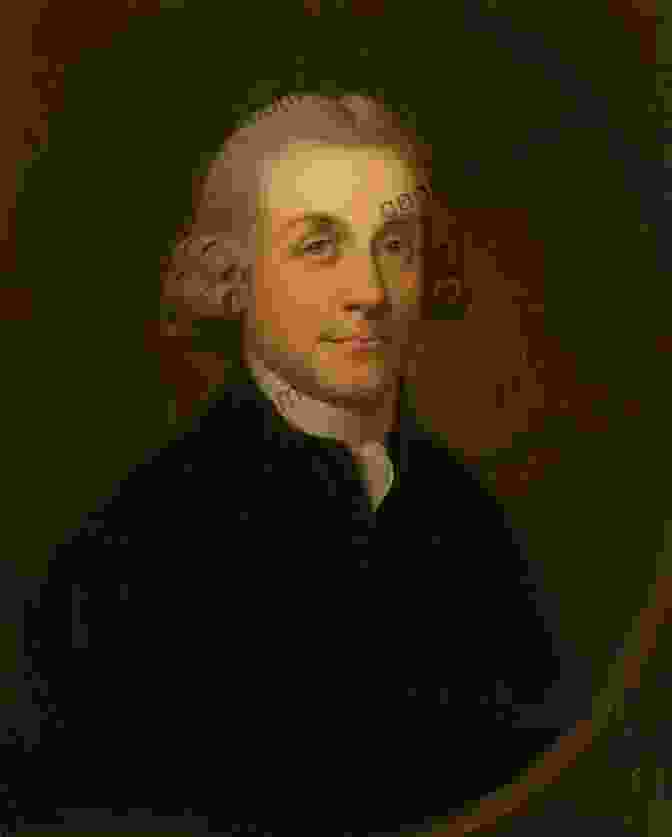
Joseph Priestley (1733-1804) was a remarkable figure in the Age of Enlightenment. A polymath with interests ranging from science to theology, he made significant contributions to both fields. As a chemist, Priestley is best known for his discovery of oxygen, but he also made important advances in the study of electricity, gases, and optics. As a Unitarian theologian, Priestley was a leading advocate for religious liberty and the separation of church and state.
4.8 out of 5
| Language | : | English |
| File size | : | 2281 KB |
| Text-to-Speech | : | Enabled |
| Screen Reader | : | Supported |
| Enhanced typesetting | : | Enabled |
| Word Wise | : | Enabled |
| Print length | : | 423 pages |
| X-Ray for textbooks | : | Enabled |
Early Life and Education
Joseph Priestley was born in Birstall, England, on March 13, 1733. His father was a weaver, and his mother was a Calvinist. Priestley received a basic education at a local school, but he showed such promise that he was sent to Daventry Academy, a nonconformist seminary. At Daventry, Priestley studied Greek, Latin, Hebrew, and philosophy. He also developed a strong interest in science, particularly chemistry.
Scientific Discoveries
In 1755, Priestley became a minister in a Unitarian church in Leeds. He continued to pursue his scientific interests in his spare time, and in 1766 he published his first major work, "The History and Present State of Electricity." In this book, Priestley summarized the latest research on electricity and proposed a new theory of electrical charge.
In 1774, Priestley moved to Birmingham, where he became a minister at New Meeting House. Birmingham was a center of scientific research, and Priestley soon became acquainted with some of the leading scientists of the day, including James Watt and Matthew Boulton. Priestley's association with these men led to a number of important discoveries.
In 1775, Priestley discovered nitrous oxide, which he called "laughing gas." He also made important contributions to the study of gases, including the discovery of carbon dioxide and sulfur dioxide. In 1778, Priestley made his most famous discovery, oxygen. Priestley isolated oxygen by heating mercury oxide, and he showed that it was a new element that was essential for combustion and respiration.
Theological Views
Priestley's scientific discoveries had a profound impact on his theological views. He rejected the traditional Calvinist doctrine of predestination, arguing that God had given humans free will. He also believed that the Bible was not the literal word of God, but rather a collection of human writings that contained both truth and error.
Priestley's theological views were controversial, and he was often criticized by orthodox Christians. In 1791, a mob of rioters attacked his home and church in Birmingham, forcing him to flee the city. Priestley eventually settled in the United States, where he continued to write and preach until his death in 1804.
Legacy
Joseph Priestley was a brilliant scientist and theologian who made significant contributions to both fields. He was a pioneer in the study of gases, and his discovery of oxygen was one of the most important scientific discoveries of the 18th century. Priestley's theological views were controversial, but they helped to shape the development of Unitarianism and other liberal religious movements.
Priestley's legacy continues to inspire scientists and theologians today. He is remembered as a man who was unafraid to challenge conventional wisdom and who dedicated his life to the pursuit of knowledge and understanding.
Further Reading
* "The Scientific Revolution" by Thomas Kuhn * "The Age of Enlightenment" by Peter Gay * "Joseph Priestley: A Life" by Robert Schofield
4.8 out of 5
| Language | : | English |
| File size | : | 2281 KB |
| Text-to-Speech | : | Enabled |
| Screen Reader | : | Supported |
| Enhanced typesetting | : | Enabled |
| Word Wise | : | Enabled |
| Print length | : | 423 pages |
| X-Ray for textbooks | : | Enabled |
Do you want to contribute by writing guest posts on this blog?
Please contact us and send us a resume of previous articles that you have written.
 Book
Book Novel
Novel Page
Page Chapter
Chapter Text
Text Story
Story Genre
Genre Reader
Reader Library
Library Paperback
Paperback E-book
E-book Magazine
Magazine Newspaper
Newspaper Paragraph
Paragraph Sentence
Sentence Bookmark
Bookmark Shelf
Shelf Glossary
Glossary Bibliography
Bibliography Foreword
Foreword Preface
Preface Synopsis
Synopsis Annotation
Annotation Footnote
Footnote Manuscript
Manuscript Scroll
Scroll Codex
Codex Tome
Tome Bestseller
Bestseller Classics
Classics Library card
Library card Narrative
Narrative Biography
Biography Autobiography
Autobiography Memoir
Memoir Reference
Reference Encyclopedia
Encyclopedia S Robert
S Robert Nicole Starosielski
Nicole Starosielski Lew Jennings
Lew Jennings Xiaotong Fei
Xiaotong Fei Scott Jay Marshall Ii
Scott Jay Marshall Ii Robert Wilder
Robert Wilder Liz Gipson
Liz Gipson Ramesh Namdeo Pudake
Ramesh Namdeo Pudake Liz Eastwood
Liz Eastwood Nigel Hamilton
Nigel Hamilton Lucas Reijnders
Lucas Reijnders Lynn Hunt
Lynn Hunt Louisa Thomsen Brits
Louisa Thomsen Brits Manivong J Ratts
Manivong J Ratts Mandee Johnson
Mandee Johnson Linda Neubauer
Linda Neubauer Lois B Morris
Lois B Morris Mahfoud Tahlaiti
Mahfoud Tahlaiti Viola Doncaster
Viola Doncaster Tim Saunders
Tim Saunders
Light bulbAdvertise smarter! Our strategic ad space ensures maximum exposure. Reserve your spot today!
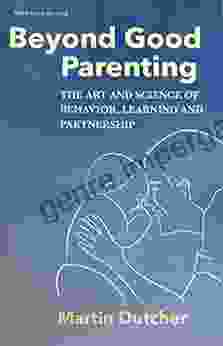
 Jedidiah HayesUnlocking the Secrets of Animal Training: The Art and Science of Behavior,...
Jedidiah HayesUnlocking the Secrets of Animal Training: The Art and Science of Behavior,...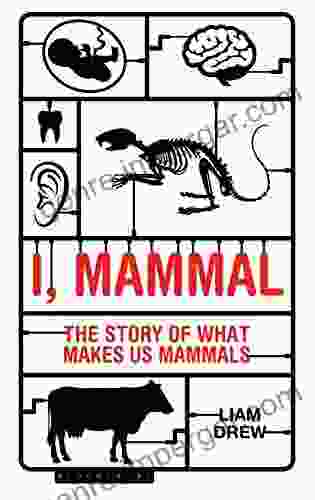
 Cristian CoxUnveiling the Secrets of Mammalian Evolution: A Journey Through "The Story of...
Cristian CoxUnveiling the Secrets of Mammalian Evolution: A Journey Through "The Story of... Dawson ReedFollow ·15.7k
Dawson ReedFollow ·15.7k Phil FosterFollow ·9.1k
Phil FosterFollow ·9.1k John KeatsFollow ·15.5k
John KeatsFollow ·15.5k Asher BellFollow ·8k
Asher BellFollow ·8k Jake PowellFollow ·5.1k
Jake PowellFollow ·5.1k Ashton ReedFollow ·3.9k
Ashton ReedFollow ·3.9k Cason CoxFollow ·12.6k
Cason CoxFollow ·12.6k Luke BlairFollow ·15.2k
Luke BlairFollow ·15.2k

 J.D. Salinger
J.D. SalingerThe Montefeltro Conspiracy Renaissance Mystery Decoded
In the heart of the Italian Renaissance, a...

 Ryūnosuke Akutagawa
Ryūnosuke AkutagawaElan Vital Magazine: A Literary Sanctuary for the Mind...
In this fast-paced digital age, where...
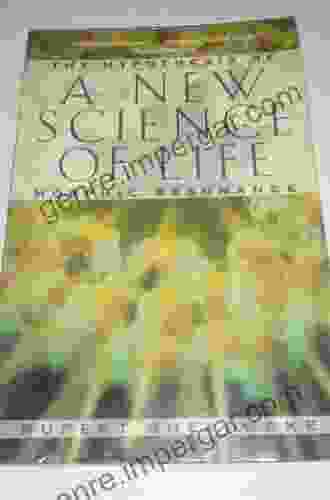
 Derek Bell
Derek BellCode Biology: Unveiling the New Science of Life
Every living organism, from...
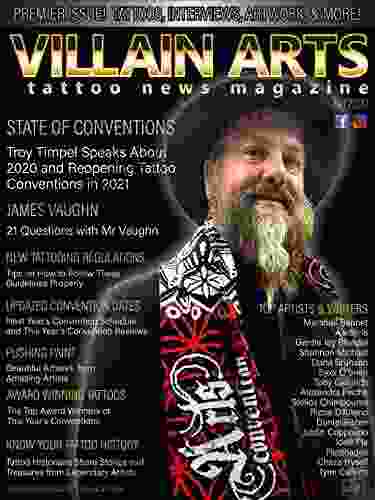
 Rick Nelson
Rick NelsonUnleash the Darkness: Dive into the World of Villain Arts...
Prepare to be...
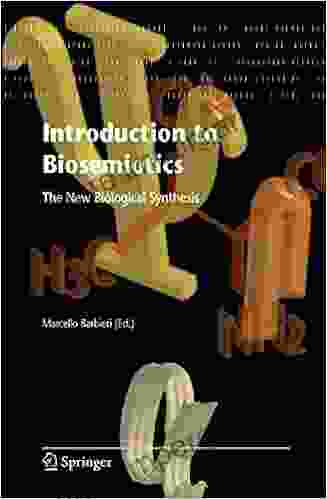
 Tony Carter
Tony CarterEmbark on a Scientific Odyssey: Unveil the Secrets of...
In an era where environmental concerns...
4.8 out of 5
| Language | : | English |
| File size | : | 2281 KB |
| Text-to-Speech | : | Enabled |
| Screen Reader | : | Supported |
| Enhanced typesetting | : | Enabled |
| Word Wise | : | Enabled |
| Print length | : | 423 pages |
| X-Ray for textbooks | : | Enabled |


